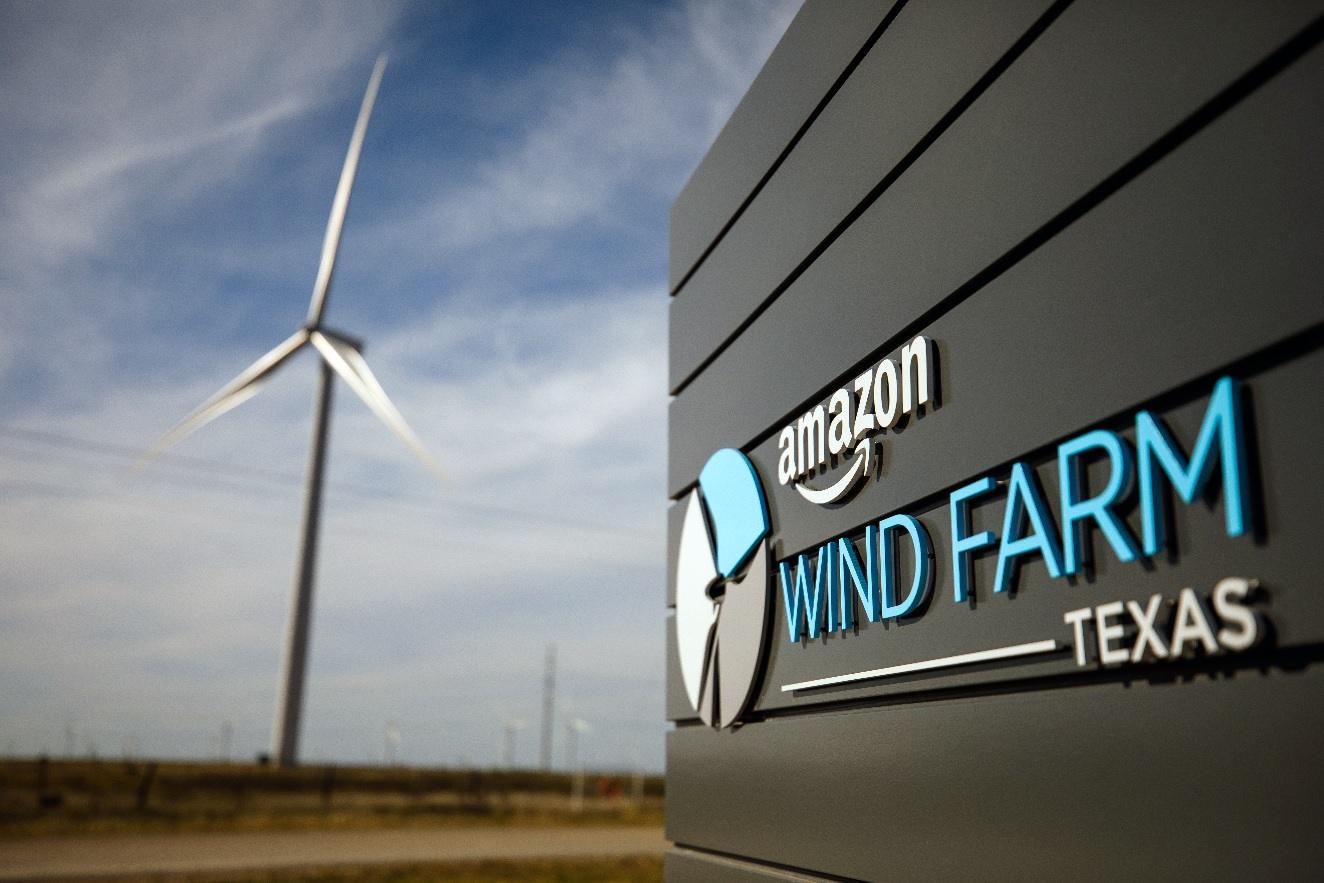Scotch Whisky Distillery Bruichladdich to Pilot Hydrogen-Powered Production
Scottish Whisky Distillery Bruichladdich announced today that it and partner Protium have been granted funding from the UK government for a pilot project using green hydrogen and heat combustion technology to help decarbonize its distillery operations.
Whisky distillation requires substantial amounts of energy, with many distilleries relying on fuel oil to power furnaces or boilers to run the stills. Recognizing the need to reduce its environmental impact, the Scotch Whisky Association (SWA), the trade organization representing the scotch whisky industry, set a goal to reach net-zero emissions from operations across the industry by 2040, as one of its key targets under its sustainability strategy. While the industry will likely rely on a variety of clean energy sources such as wind and solar to meet its energy needs, many distilleries are located in remote areas, creating challenges in accessing grid-based renewable power.
Bruichladdich has set its own goal to decarbonize its distillation process by 2025.
The new “HyLaddie” project, funded in part by a £2.65m grant from the UK government’s Green Distilleries Competition, will use a zero-emission, closed loop hydrogen boiler – the Dynamic Combustion Chamber (DCC) – developed by low-carbon energy company Jericho Energy Ventures to generate the heat for the steam-powered distillation process, replacing the fuel oil. Without a smokestack or any other exhaust, the DCC solution eliminates emissions of CO2, NOx and Sox, producing only water as a byproduct.
Douglas Taylor, CEO of Bruichladdich Distillery, said:
“Sustainability is in our DNA and is at the heart of everything we do. Many distilleries across Scotland are making serious steps forward in decarbonising their energy requirements, and we fully believe that hydrogen has a future in the Scotch industry. Our hope is that our proof of concept can extend to uptake across the island and beyond, helping us hit the Scotch Whisky Association’s targets of net zero by 2040.”





